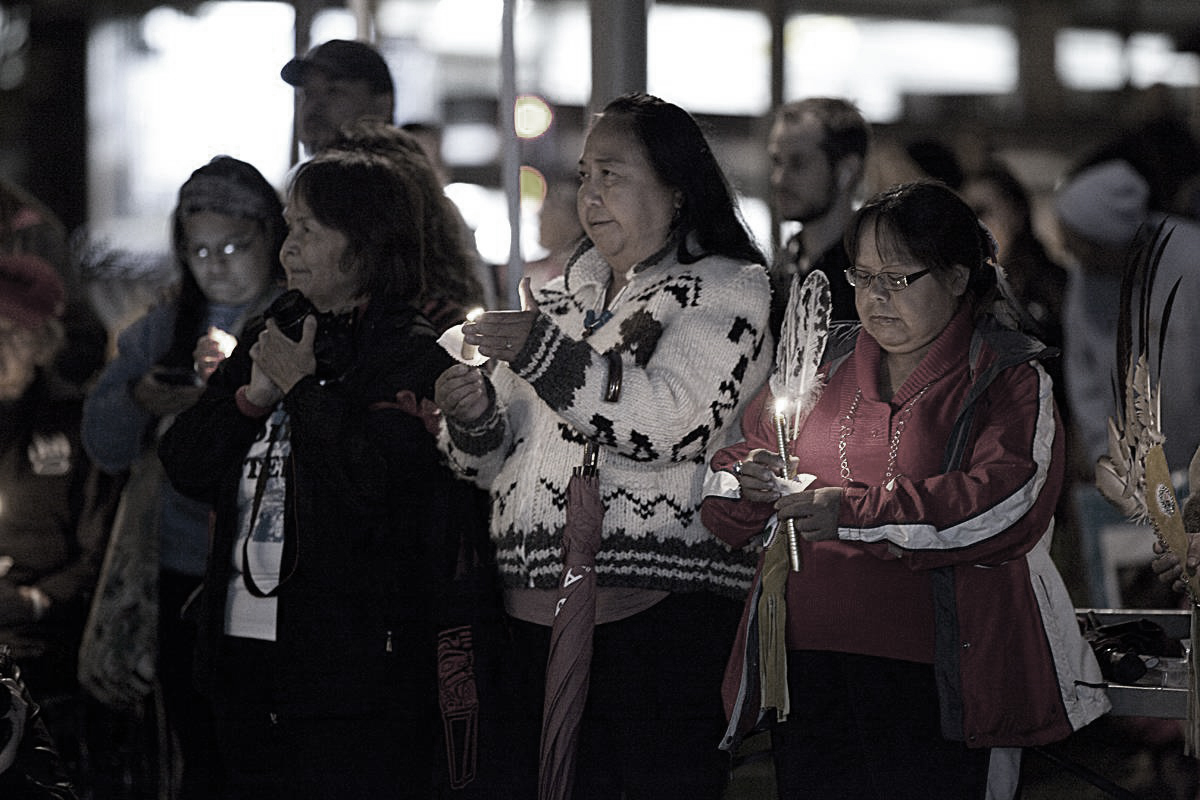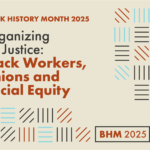
Sisters in Spirit Vigils on October 4th are an annual way to honour the lives of missing and murdered Indigenous women and in Canada. The violence experienced by Indigenous women and girls is a national tragedy that unions and the labour movement have been pressuring governments to address.
Each year, the Native Women’s Association of Canada (NWAC) and Families of Sisters in Spirit (FSIS) organize vigils to remember the missing and murdered indigenous women in this country. Family members, Indigenous community members, and concerned citizens gather together to stand together in solidarity, raise awareness, demand action, and provide support to those who have lost love ones.
Between 1980 and 2012, the RCMP reported close to 1,200 cases of missing or murdered Indigenous women and girls across Canada (although many working on the front lines believe the number is much higher). While they make up only 4% of Canada’s female population, Indigenous women and girls make up over 16% of female homicides and 11% of missing women.
What began with eleven vigils in 2006 has grown to over 200 vigils today, in communities across Canada, including a vigil on Parliament Hill in Ottawa.
In response to calls from Indigenous families, communities and organizations, including unions and the Canadian Labour Congress, the Government of Canada launched an independent National Inquiry into Missing and Murdered Indigenous Women and Girls in September 2016.
In response, the CLC stated:
“We must ensure the inquiry addresses the root causes of violence against Indigenous women, such as racism, sexism and misogyny so that it truly does result in justice and meaningful change.
Canada’s unions will stand in solidarity with Indigenous women, girls and their communities both as the inquiry is underway and beyond to help ensure our country truly addresses the root causes of violence against Indigenous women.
We will also continue to urge the government to implement strategies that include clean water, affordable housing, accessible education and poverty reduction in Inuit, First Nations and Métis communities.” (news release, 02-21-2017)
NWAC has created a quarterly report card about the inquiry to encourage transparency and to measure its progress.





